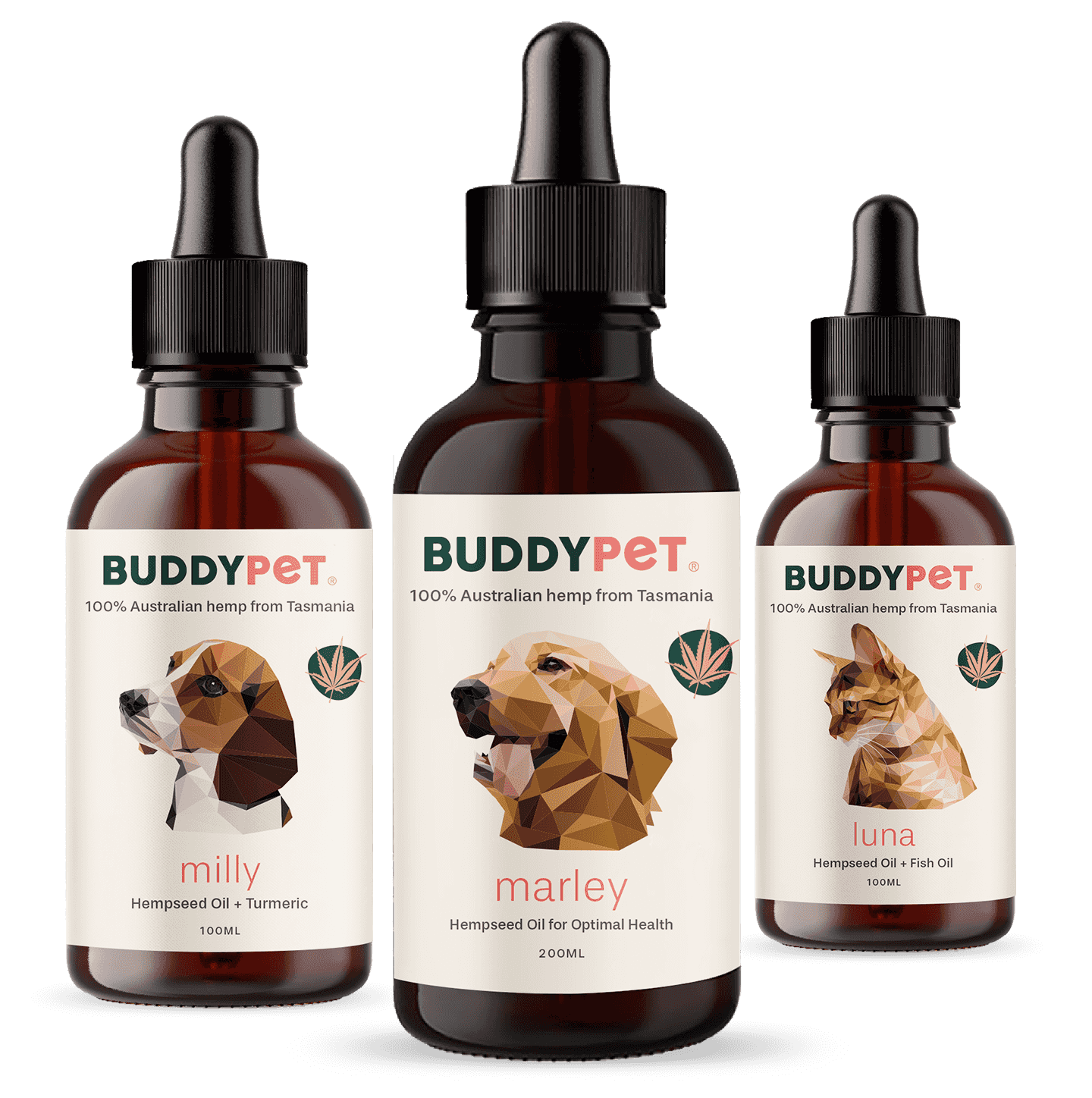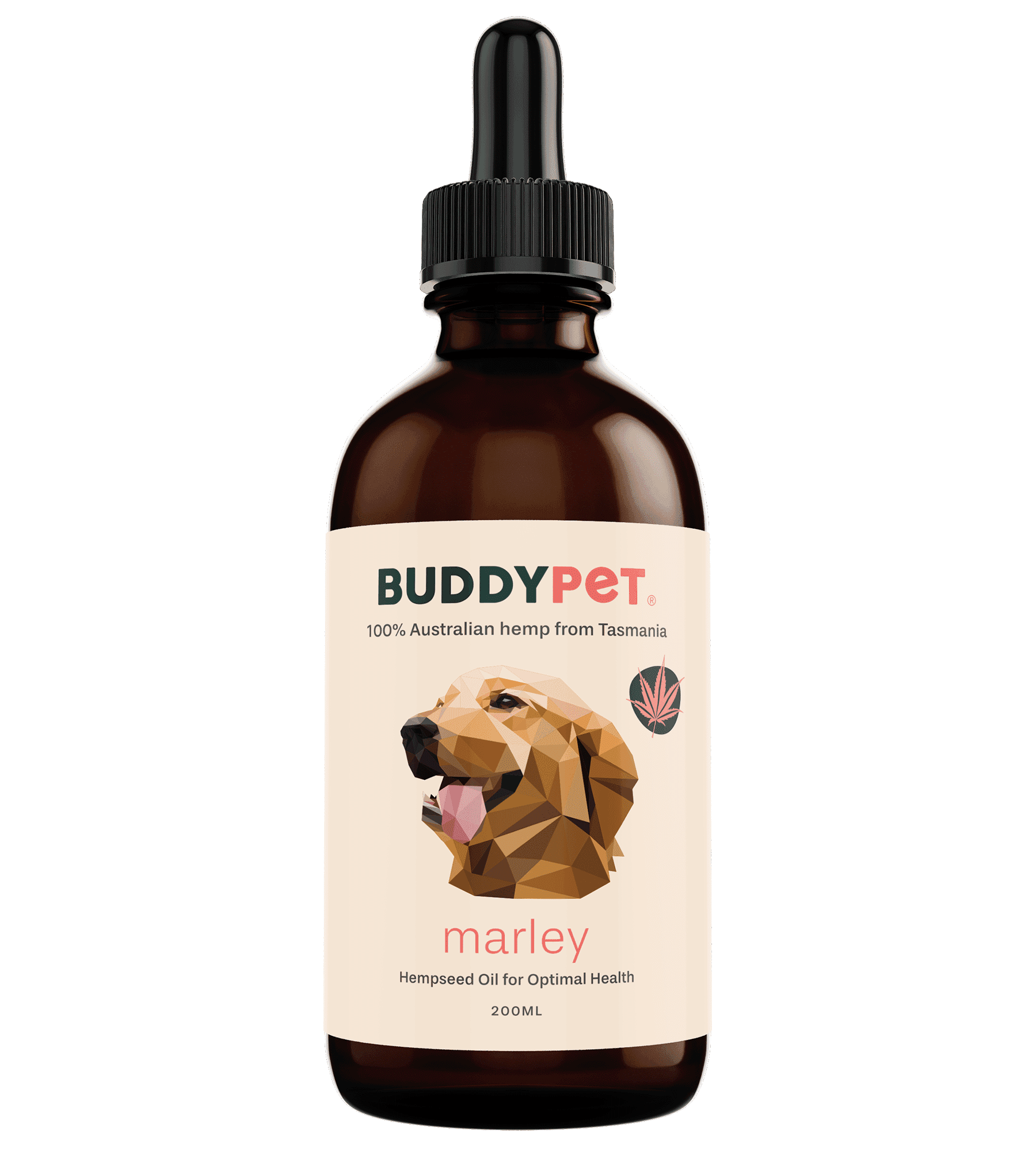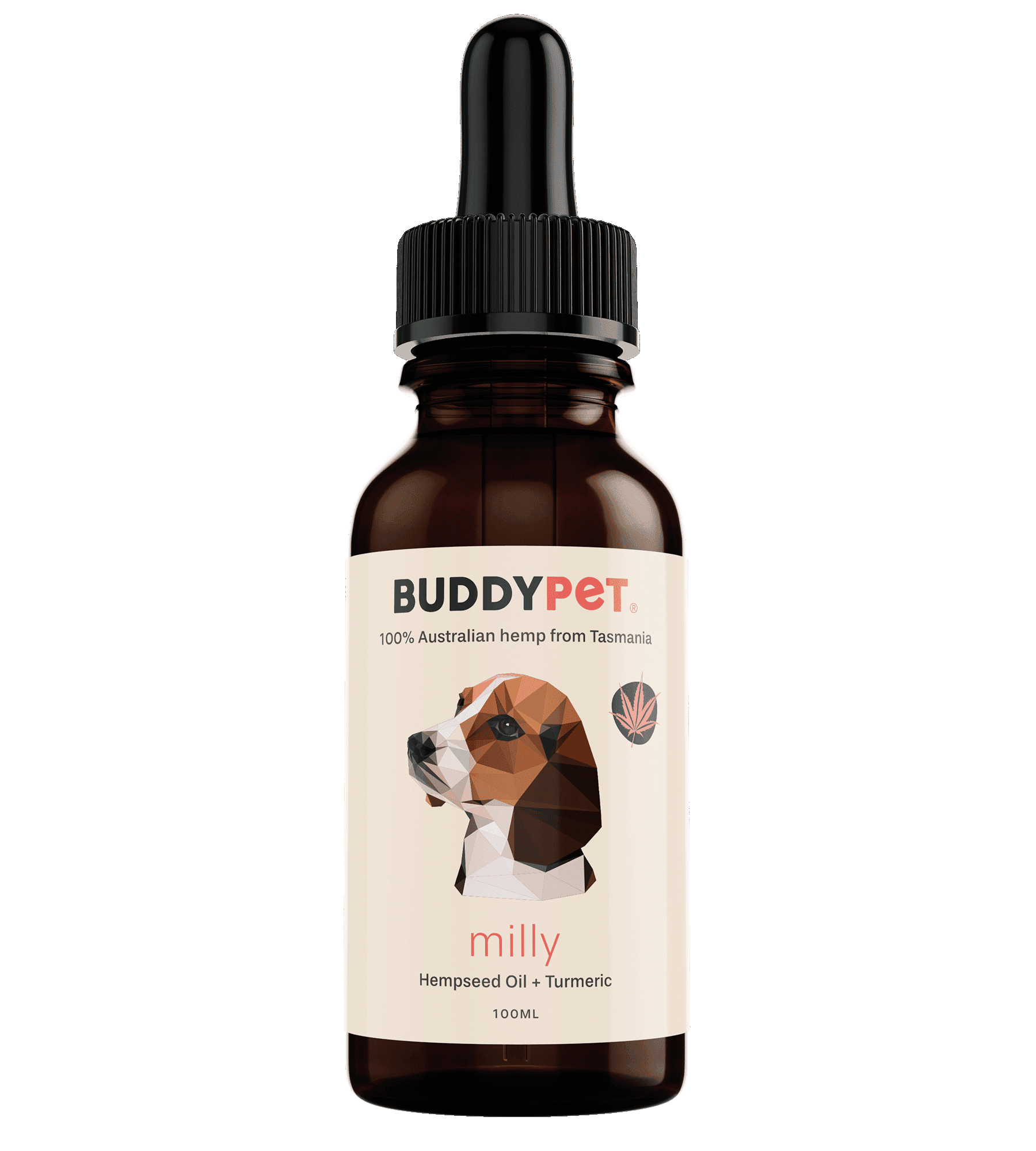GLA - Hemp Seed Oil’s Secret Weapon to Fight Inflammation
Hemp seed oil is an excellent source of essential fatty, typically comprising 35% of the seed. More specifically, hemp seed oil typically contains high amounts of polyunsaturated fatty acids -oleic acid, linoleic acid and gamma-linolenic acid (omega-6 fatty acids); and alpha-linolenic acid, which is an omega-3 fatty acid. The ratio of these omega-6 to omega-3 fatty acids exists typically in hemp seed oil at a ratio of 3:1, which is ideal for a healthy diet1.
Gamma-linolenic acid (GLA) is a key anti-inflammatory fatty acid, and hemp seed is currently one of the few natural food sources of GLA available. But before we get into the anti-inflammatory benefits of GLA, let’s take a closer look at the inflammation.
While short-term, acute inflammation is natural and necessary to fight off pathogens causing infection and to protect the body from injury, if it continues for weeks, months or years, becoming chronic inflammation, it will cause your pup’s immune function to decline gradually. Like a silent killer, chronic, low-grade inflammation can damage healthy tissues, cause the formation of painful scarring and fibrosis and contribute to life-threatening diseases like cancer, diabetes, brain function decline, heart failure and more.
What Causes Chronic Inflammation?
The primary cause of chronic inflammation is oxidative stress, which occurs when there is excess free radicals. They build up like rust in the body, damaging cells, proteins and DNA, which leads to premature aging and can cause or promote arthritis, cancer, kidney failure, allergies, pancreatitis, cardiac diseases, diabetes and various autoimmune diseases.
What causes oxidative stress?
- Environmental toxins
- Infections
- Therapeutic and preventative drugs and medicines
- Poor nutrition
- Lack of exercise
How Does GLA Fit In?
For senior dogs or those suffering from chronic inflammation, GLA, an omega-6 fatty acid, is essential to reduce the inflammation.
People often apply a blanket view of all omega-6 fatty acids as pro-inflammatory acids, but that’s not entirely true. GLA is an exception – it’s an anti-inflammatory omega-6 acid.
Let’s break down the Omega-6 acids:
Arachidonic Acid (AA)
AA is a pro-inflammatory fatty acid that triggers an inflammatory immune response. This acid gives a bad reputation to all Omega-6 fatty acids. Again, some acute inflammation is necessary for when your pooch gets sick, but it’s when it becomes chronic that it becomes a problem.
Linoleic Acid (LA)
LA is an essential fatty acid. LA deficiency leads to problems with the reproductive system and skin and coat. Fortunately, LA is sufficiently present in most dog foods, so LA deficiency is rare. However, too much of LA is also a problem: LA’s excess will convert to pro-inflammatory AA.
Gamma-Linolenic Acid (GLA)
GLA is considered conditionally essential: it is produced endogenously in humans and animals as the first product of the metabolism of LA.
GLA is an anti-inflammatory fatty acid. It also helps regulate hormonal balance, supports skin and coat health, and interferes with the body’s breakdown of AA when there’s too much of it in the system.
GLA exerts immune-modulating effects through cytokine (cell signalling proteins), and it also regulates genes that affect cell death (apoptosis) and cell growth.
GLA Metabolism, Actions and the Result of GLA Deficiency2
Once synthesised, GLA is further metabolised to dihomo-γ-linolenic acid (DGLA), most of which is acetylated and incorporated into cell membrane phospholipids. A small amount can be converted into arachidonic acid (AA).
DGLA competes with AA for the same cyclooxygenase (COX) and lipoxygenase (LOX) enzymes to facilitate the production of prostaglandins and leukotrienes with opposing inflammatory and anti-inflammatory actions, respectively.
A dietary deficit of GLA leads to an imbalance in eicosanoids, with an excess of the primarily pro-inflammatory prostaglandins derived from Arachidonic acid.
GLA and its metabolites also cause the release of various cytokines. Cytokines are small proteins that are crucial in controlling the growth and activity of immune system cells and blood cells. When released, they signal the immune system to do its job. Cytokines affect the growth of all blood cells and other cells that help the body's immune and inflammation responses.
GLA also affects the expression of various genes, which play a significant role in many immune functions and are important in inducing cell death (apoptosis).
So, a deficiency in GLA leads to increased and ongoing inflammation and immune dysfunction.
Hemp Seed Oil as an Important Source of GLA Supplement
Human and animal studies over the past four decades have confirmed GLA’s anti-inflammatory properties3,4,5,6 Dogs can usually get GLA through their diet by converting linoleic acid (LA) to GLA, but this conversion requires a specific enzyme (D6D) and five essential nutrients (magnesium, zinc, vitamin C, vitamin B3 and vitamin B6), all of which are abundant in hemp seed oil.
Your pooch probably gets enough of these five nutrients from their food to support the GLA synthesis, but if there is any doubt or you would like extra support for your aging dog, or your dog suffers from chronic inflammation, then you should consider BUDDYPET Marley hemp seed oil or BUDDYPET Milly hemp seed oil with turmeric as a daily dietary supplement.
For more information about the health benefits of hemp, please read Hemp Seed Oil Benefits and Ultimate Guide to CBD Oil for Pets.
1 Farinon B, Molinari R, Costantini L, Merendino N. The seed of industrial hemp (Cannabis sativa L.): Nutritional Quality and Potential Functionality for Human Health and Nutrition. Nutrients. 2020 Jun 29;12(7):1935. doi: 10.3390/nu12071935. PMID: 32610691; PMCID: PMC7400098.
2 Kapoor Rakesh and Huang Yung-Sheng, Gamma Linolenic Acid: An Antiinflammatory Omega-6 Fatty Acid, Current Pharmaceutical Biotechnology 2006; 7(6). https://dx.doi.org/10.2174/138920106779116874
3 Herbal Oil Supplement with Hot Nature Diet for Multiple Sclerosis. S. Rezapour-Firouzi, in Nutrition and Lifestyle in Neurological Autoimmune Diseases, 2017
4 Kumju Youn,Seonah Lee,Mira Jun, Gamma -linolenic acid ameliorates Aβ-induced neuroinflammation through NF-κB and MAPK signalling pathways Journal of Functional Foods, ISSN: 1756-4646, Vol: 42, Page: 30-37
5 Ouchi, S., Miyazaki, T., Shimada, K. et al. Decreased circulating dihomo-gamma-linolenic acid levels are associated with total mortality in patients with acute cardiovascular disease and acute decompensated heart failure. Lipids Health Dis 16, 150,2017
6 Yogamaya D. Prabhu, Atreyee Borthakur, Subeka A.G, Balachandar Vellingiri, Abilash Valsala Gopalakrishnan; Increased pro-inflammatory cytokines in ovary and effect of γ-linolenic acid on adipose tissue inflammation in a polycystic ovary syndrome model J Reprod Immunol. August 2021;146(0):103345.




